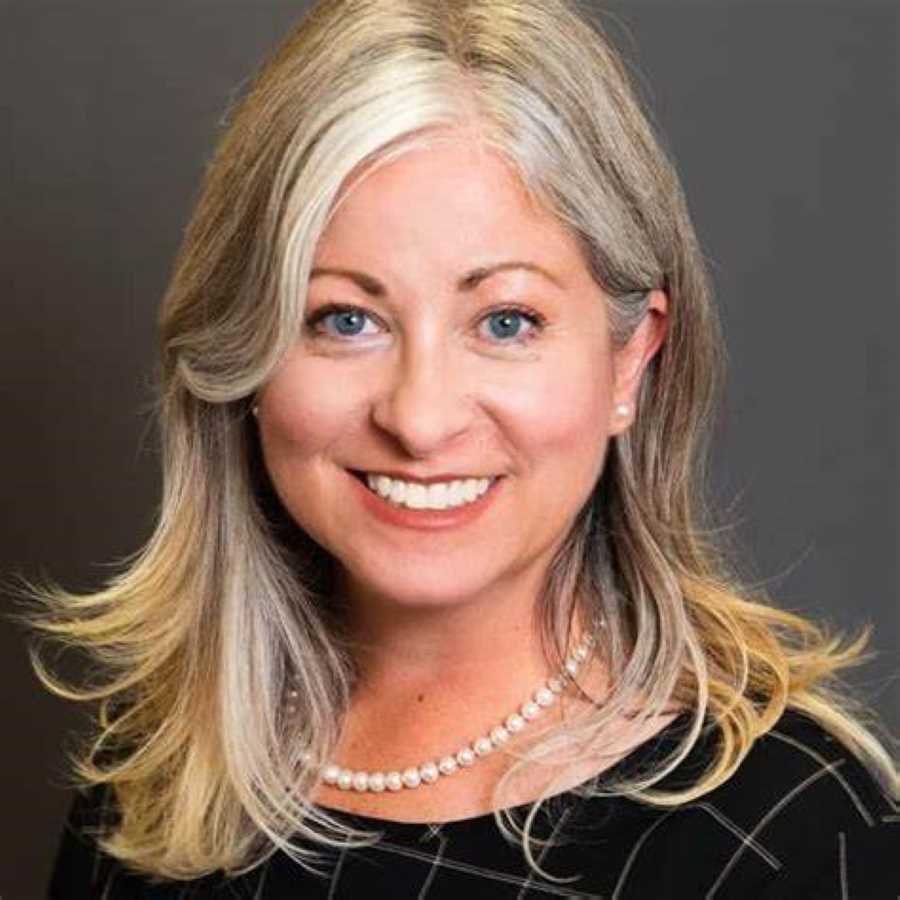
Last week, some members of the legislature returned to the Georgia State Capitol for the highly anticipated annual budget week. To begin the state budgeting process, the General Assembly devotes the entire second week of session to holding joint House and Senate Appropriations hearings.
During the first hearing of the week, Governor Brian Kemp gave opening remarks that highlighted his budget recommendations for the current and upcoming fiscal year budgets, which will become the legislation ultimately guiding our state’s spending. Throughout the week, we also heard directly from state agency leaders regarding their budgetary requests, as well as the state economist, who provided a comprehensive overview of Georgia’s economic forecast for this year. If you’d like to watch any of our Appropriations hearings from budget week, you can see the archived videos at this link: www.house.ga.gov/Committees/en-US/CommitteeArchives88.aspx
Each legislative session, as required by our state constitution, the General Assembly must pass a balanced state budget. After reviewing Gov. Kemp’s budget proposals presented this week, my colleagues and I will begin drafting two budget bills: the Amended Fiscal Year 2023 (AFY 23) budget and the Fiscal Year 2024 (FY 24) budget. First, the amended budget directs spending for the remainder of the current fiscal year, which ends on June 30, and uses a more accurate estimate of state revenue to account for any differences between the projected estimate and actual revenue obtained. Based on updated revenue estimates, the AFY 23 budget will include approximately $2.3 billion in additional revenue that our state can utilize over the next six months. This surplus reflects the hard work that the governor and the legislature have done in the aftermath of the global pandemic. The FY 24 budget will determine state spending for the entire upcoming fiscal year beginning on July 1. This full budget is set at a revenue estimate of $32.4 billion.
Georgia has experienced record-breaking growth in new jobs and investment across our state, and Governor Kemp predicts that our state is ready to weather any economic storms that may arise this year. However, as we all know, across our state we are feeling the effects of 40-year high inflation that is plaguing the entire country. For this reason, his budget recommendations include providing financial relief to Georgians. Due to the positive economic outcome from the previous fiscal year and encouraging projections for our future, the governor recommends allocating money from the AFY 23 budget to provide a one-time tax refund to all eligible taxpayers. These one-time tax refunds would range from $250 for single filers to $500 for joint filers. Furthermore, Gov. Kemp also announced his plans to create the one-time Homeowner Tax Relief Grants Program in the AFY 23 budget. All eligible homeowners could receive a $20,000 exemption for their assessed home value on their 2023 property tax bill. This exemption would result in an estimated average savings of $500.
Educating Georgia’s young learners continues to be a top priority for the governor heading into his second term. Investing in our future workforce is certainly reflected in his budget priorities for both budget years. Some of the highlights include continuing to fully fund the Quality Basic Education program, increasing salaries for certified personnel by $2,000 during the next school year, and providing grant funding in the AFY 23 budget to help paraprofessionals pursue a teaching certification. Teachers today are preparing Georgia’s leaders and workforce of tomorrow, and it is crucial that we invest in those who devote their careers to our students.
To enhance school safety and address security needs, Governor Kemp recommends providing school safety grants to every K-12 school across our state. The FY 24 budget proposal includes increasing funding for school counselors to address our students’ mental health and emotional well-being. His version of the amended budget also includes money for learning loss grants to allow individual schools to create programming that is geared towards closing learning gaps due to the pandemic.
In order to address the increasing costs of college tuition, the governor proposes funding Georgia’s HOPE scholarship and grant awards at 100 percent of tuition at all Georgia public higher education institutions in FY 24. Currently, the HOPE scholarship covers 90 percent of tuition. These savings would reduce the out-of-pocket costs of college and remove barriers from achieving the education necessary to prepare our future workforce.
We have all heard about and have experienced the reality of the skilled workforce shortage plaguing the country. To develop a highly skilled workforce, the governor’s AFY 23 budget proposal includes money to develop two new QuickStart EV training facilities overseen by the state’s technical college system. Additionally, he recommends dedicating money in the AFY 23 budget for the state’s Regional Economic Business Assistance program, which would assist local governments in providing incentives to businesses looking to grow their footprint. The governor also proposes allocating existing funds for the OneGeorgia program to establish a Rural Workforce Housing Fund. This new fund would help make the housing market more affordable for local workforces.
Governor Kemp and the legislature recognize the importance of appropriating state funds to retain the dedicated people who make up Georgia’s public workforce. His FY 24 budget would assist law enforcement agencies as they increase their retention and recruitment efforts. Gov. Kemp recommends investing $3.2 million in a loan repayment plan for 800 state and local law enforcement officers beginning in FY 24. The plan would offer a loan repayment of up to $20,000 per officer in exchange for five years of service. These loan repayment programs would help local agencies attract more officers in this competitive job market.
Now that the joint budget hearings have concluded, the House Appropriations subcommittees will begin meeting to review specific portions of the budget and delve deeper into the state agencies’ budget needs. Since the Georgia Constitution requires the budget bills to originate in the House, each House Appropriations subcommittee will pass their respective portions of the AFY 23 and FY 24 state budgets. Once finalized and passed by the full Appropriations committee, each budget bill will be scheduled for a vote on the House floor. After the budget bills are passed by the House, they will be transmitted to the Senate, where each bill will undergo the same process. There will likely be changes to the Governor Kemp’s original proposals as the House and Senate continue to work through the budget process. I will keep you updated as these bills are finalized.
I would be remiss if I did not thank Senator Blake Tillery (R-Vidalia) and Representative Matt Hatchett (R-Dublin) for the tremendous amount of work they both do as Chairmen of the Senate and House Appropriations committees. While the committee heard testimony from dozens of agencies during budget week, the Chairmen kept us on schedule and made sure we had ample opportunity to ask questions.
Finally, the House Committee on Assignments recently completed its work and announced committee assignments for each representative this week. I am excited to have been appointed to serve on the following House committees for the next two years: Agriculture and Consumer Affairs, Transportation, Appropriations, Natural Resources and the Environment, Budget and Fiscal Oversight, Industry and Labor, and Small Business Development. I will serve as Vice-Chairman of both the Transportation committee and the Education subcommittee of Appropriations. You can learn more about these committees on the General Assembly website here: https://www.legis.ga.gov/committees/house.
It is a joy to see those of you who visit the Capitol while we are in session. Thank you to Jim O’Brien of the Glenwood Telephone Company and Dustin Durden of Pineland Telephone Cooperative for taking the time to meet with me and a few other legislators this past week while in Atlanta for a Georgia Telecommunications Association meeting.
As your state representative, I want to know what issues are most important to you, your family, and our neighbors. My office phone number is 404-656-0325, and my email address is This email address is being protected from spambots. You need JavaScript enabled to view it.. Please reach out to me any time. As always, thank you for trusting me to serve as your representative for the best district in Georgia, the 156th!









